detail profile pierre assouline
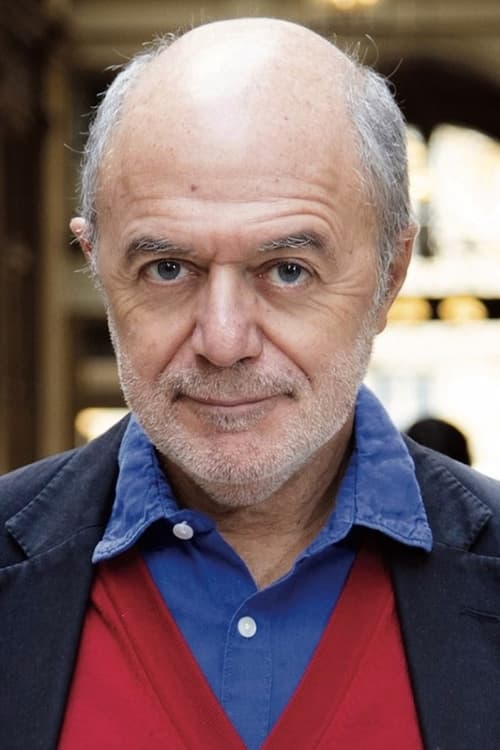
Riwayat Hidup
Pierre Assouline (born 17 April 1953) is a French writer and journalist.
He was born in Casablanca, Morocco to a Jewish family.
He has published several novels and biographies, and also contributes articles for the print media and broadcasts for radio.
As a biographer, he has covered a diverse and eclectic range of subjects, including: Henri Cartier-Bresson, the legendary photographer; Marcel Dassault, the aeronautics pioneer; Gaston Gallimard, the publisher; Hergé, the creator of The Adventures of Tintin; Daniel-Henry Kahnweiler, the art dealer; Georges Simenon, the detective novelist and creator of Inspector Maigret.
Several of these books have been translated into English and the Henri Cartier-Bresson biography has been translated into Chinese.
As a journalist, Assouline has worked for the leading French publications Lire and Le Nouvel Observateur.
He also publishes a blog, "La république des livres".
Assouline was the editor of La Révolution Wikipédia, a collection of essays by postgraduate journalism students under his supervision.
Assouline contributed the preface.
On 7 January 2007, Assouline published a blog post criticizing the Wikipedia entry on the Dreyfus Affair.
Source: Article "Pierre Assouline" from Wikipedia in English, licensed under CC-BY-SA 3.
0.
Info Pribadi
Peran Yang Di Mainkan Pierre Assouline
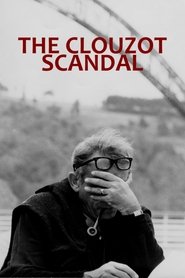 Great filmmakers claim the artistic influence...
Great filmmakers claim the artistic influence...The Clouzot Scandal 2017
Great filmmakers claim the artistic influence of French director Henri-Georges Clouzot (1907-1977), a master of suspense, with a unique vision of the world, who knew how to offer both great shows and subtle studies of characters. Beyond the myth of the tyrannical director, a contrasting portrait of a visionary, an agitator, an artist against the system.
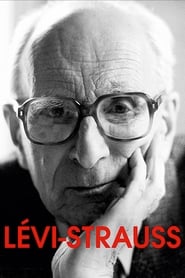 Documentary about one of the greatest...
Documentary about one of the greatest...The Lévi-Strauss Century 2016
Documentary about one of the greatest French thinkers of the twentieth century, Claude Lévi-Strauss (1908-2009).
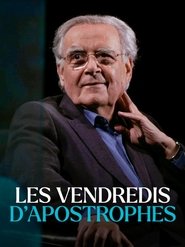 Hours and historical meetings Pierre Assouline...
Hours and historical meetings Pierre Assouline...Les vendredis d'Apostrophes 2015
Hours and historical meetings, Pierre Assouline has composed an anthology of the best extracts presented in the form of a primer, which he had commented on by a surprised Bernard Pivot.
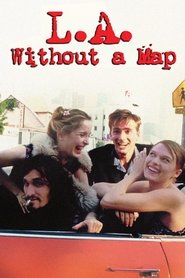 An aspiring Hollywood actress on a...
An aspiring Hollywood actress on a...L.A. Without a Map 1999
An aspiring Hollywood actress, on a visit to a charming North England town, has a brief fling with the town undertaker, who also writes obituaries for the local paper. Returning home, where she works as a waitress at a Japanese restaurant, she tells everyone about the handsome "writer" she met on her trip. Unfortunately, he decides to follow her back to Hollywood, setting up the expected light romantic comedy with asides as the newcomer gains experience about the goings on in Hollywood.
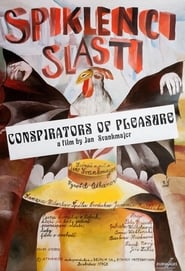 Six outwardly average individuals have elaborate...
Six outwardly average individuals have elaborate...Conspirators of Pleasure 1996
Six outwardly average individuals have elaborate fetishes they indulge with surreptitious care. A mousy letter carrier makes dough balls she grotesquely ingests before bed. A shop clerk fixates on a TV news reader while he builds a machine to massage and masturbate him. One of his customers makes an elaborate chicken costume for a voodoo-like scene with a doll resembling his plump neighbor. She, in turn, has a doll that resembles him, which she whips and dominates in an abandoned church. The TV news reader has her own fantasy involving carp. Her husband, who is indifferent to her, steals materials to fashion elaborate artifacts that he rubs, scrapes and rolls across his body.
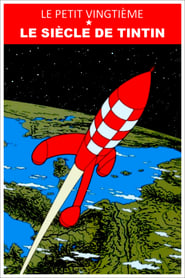 From the beginning Hergs work Tintins...
From the beginning Hergs work Tintins...Le Petit Vingtième : le siècle de Tintin 1995
From the beginning, Hergé's work, Tintin's creator, was conditioned by the ideology of his publisher, the weekly child supplement of a Belgian Catholic newspaper. An exciting analysis of the political meaning of the adventures of Tintin.

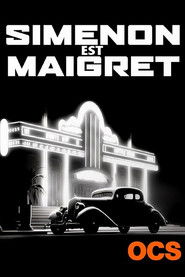
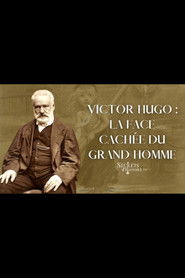
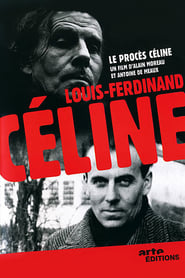
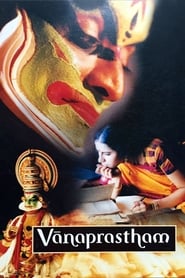 Kunhikuttan a famous Kathakali dancer meets...
Kunhikuttan a famous Kathakali dancer meets...